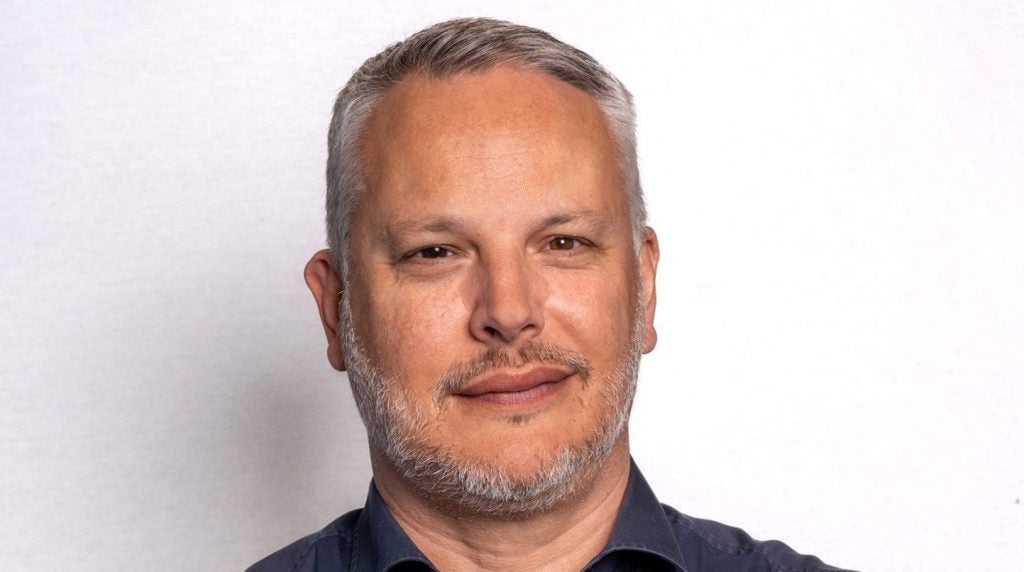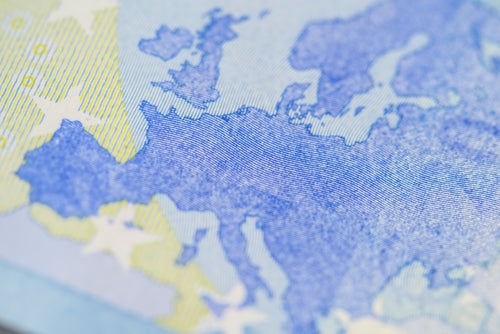
Visa and e-signature technology provider DocuSign have released a proof-of-concept payment system, designed to allow customers to agree to finance on the dashboard of a connected car.
According to DocuSign, the proof-of-concept also allows owners to manage services including insurance, lease payments and, potentially, tolls and parking payments.
In a blog post, Ron Hirson, head of product at DocuSign, said: "To begin the process, a prospective customer chooses the car they want to lease after test-driving, evaluating their options, and completing any pre-approvals. That car’s identity is then registered on the Bitcoin Blockchain – the secure ledger database used to record transactions over broadly-distributed computer networks.
"From the driver’s seat, the customer then chooses the lease options for the car – low, mid or high mileage, for example and DocuSign’s the leasing contract right there and then. This is all in turn updated on the Blockchain.
"They then choose their insurance options in the familiar way – evaluating by coverage, deductible and other factors. They would again DocuSign the agreements, and the Blockchain would again be updated."
After this, the customer links the lease and insurance contracts to their Visa details, which will potentially cover lease and insurance payments, among other things, including downloading music and ordering a takeaway, DocuSign said.
How well do you really know your competitors?
Access the most comprehensive Company Profiles on the market, powered by GlobalData. Save hours of research. Gain competitive edge.

Thank you!
Your download email will arrive shortly
Not ready to buy yet? Download a free sample
We are confident about the unique quality of our Company Profiles. However, we want you to make the most beneficial decision for your business, so we offer a free sample that you can download by submitting the below form
By GlobalDataSpeaking to Motor Finance, Hirson said the proof-of-concept really involved four connected pieces: smart contracts, smart payments, the internet of things, and bitcoin block chaining.
He said: "So some of that is fairly future-thinking. My car checks to see if it has a valid lease, and won’t drive unless the lease or insurance is up to date. But the ability to sign the lease for your car, and sign all of your paperwork electronically is available today. In fact the proof-of-concept was built using production APIs from DocuSign, and that piece was 150 lines of code. It was very simple to do."
The most future-looking element of the proof-of-concept is the use of block chaining. The idea of the block chain is just over a decade old and is, in effect, a way to allow for a currency that is not issued by a single company or currency. Instead it involves a number of servers over the world that have to agree when a transaction happens.
Hirson said: "So when you say ‘I’m going to give five bitcoins to X, it doesn’t actually happen until a majority of the servers that process bitcoins say that it happened. And they call that the block chain – it’s a distributed ledger as opposed to a single place for a ledger."
Hirson said this was especially interesting for a number of reasons. Chief among these is it allows for an entirely new way of doing digital currency. Secondly, it allows for the idea that no one company would be responsible for the record of something happening – such as a smart contract or payment.
In the proof-of-concept, the workflow, the trust, the fraud protection and the document itself were all processed by DocuSign and Visa. The record of that happening, however, is in effect put into the cloud, so if anyone was to question it and, for whatever reason DocuSign and Visa were to disappear, you could still say ‘I bought this car at this time for this amount of money’.
The internet of things is also a future technology, Hirson told Motor Finance, though he noted: "We’re starting to see devices connected to the internet, like how your car has Wi-Fi in it now, or streams internet radio."
This technology is still very early in development, at a stage Hirson described as the "innovation stage", and he notes that its distribution is uneven, pointing to Tesla as an example of this. Tesla and DocuSign have already worked together, with DocuSign providing much of the technology that enabled Tesla to allow its customers to sign for cars on the central console of the actual vehicle.
Hirson notes that this is just an early example of what has been done on this. Another example, which could be possible, he brought up was: "Can you imagine if you’re paying monthly for your car, and you stop paying. In a very conceivable future, the car checks in to see if you’ve paid up, and then decides not to start, because you’ve not paid. And in the crazy future, maybe it then drives itself back to the garage."
DocuSign first launched in the US in 2003, and has been charting growth since. It now provides services to 13 of the top 15 insurers and 14 of the 15 financial institutions in its home territory.
About three years ago, it began to expand internationally, including opening an office in London. It has also bought companies in France, Israel and Brazil, and now has 13 offices worldwide, and 1,600 employees.
According to Hirson, the UK is a top three country in the field. In general common law countries are generally more advanced in the adoption of electronic signatures on both a legal and functional level. In the rest of the EU, where countries generally apply civil law, a body of law known as the Electronic Identification and Trust Services (eIDAS) is due to have a major impact.
On eIDAS, Hirson said: "That’s the one, and we’re super excited, especially because of our acquisition of Open Trust in France and ARX in Israel. We are perfectly suited to work with every country in the EU."
In the UK, the Financial Conduct Authority has also pushed companies into increasingly looking at technology to provide solutions which might ease the regulatory burden, and allow for increasing affordability checks while reducing the amount of paperwork the consumer needs to fill in. Hirson said: "As it relates to motor finance, there are lots of places where paperwork exists where customers and everyone in the supply chain would prefer the paper doesn’t exist."
In the UK, Close Brothers is among DocuSign’s customers, and Hirson said the UK office is one of the company’s fastest-growing.







